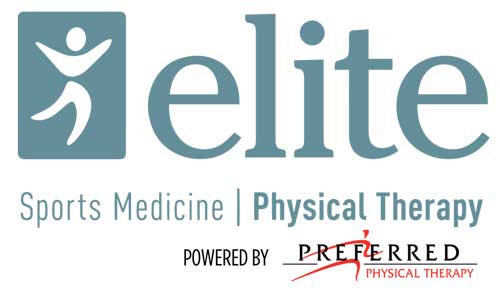Auto-immune diseases are an illness in which the immune system of the body attacks the host. It is not an uncommon problem to have and there are many conditions that fall under this classification. A few common Auto-immune diseases you have probably heard of or know of someone having include:
-
Lupus
-
Multiple sclerosis
-
Rheumatoid Arthritis
-
Type 1 (Juvenile) Diabetes
Auto-immune diseases often require treatment such as medications or procedures in order to control symptoms and this plan of care is under the direction of your primary physician or a specialist.
But non-medication options are also out there such as physical therapy. For example, physical therapy can assist in controlling or maintaining the effects of these diseases such as stiffness in the joints with rheumatoid arthritis or muscle weakness with multiple sclerosis.
Lupus: There are 2 types of lupus, one affecting the skin and the other affecting skin/vital organs/connective tissue & muscles. The latter which is Systemic lupus erythematosus (SLE) can range from mild to severe. SLE in more difficult cases may lead to life-long disability. Kidney disease, heart attack, and stroke have also been linked to lupus.
Multiple Sclerosis: The immune system attacks the protective layer of nerve fibers which results in nerve deterioration or damage. Symptoms can vary greatly and include multiple issues throughout the body. The symptoms that can be most responsive to physical therapy include numbness/ weakness affecting one or more limbs on typically one side of the body, lack of coordination or unsteady gait, muscle stiffness or spasms.
Rheumatoid Arthritis: Immune system mistakenly attacks portions of the body with symptoms including tender, swollen, or stiff joints and fatigue/fever. The effects of this can also include bone erosion or joint deformity and physical disabilities. Rheumatoid Arthritis can also affect major organs, nerve tissue, and bone marrow.
Type 1 Diabetes: Immune system attacks the cells that produce insulin, symptoms appear at a point where the cells that produce insulin become too little to continue regulation of blood sugar. Unlike type 2 (adult onset) diabetes type 1 (juvenile) is not caused by diet or lifestyle and can be a genetically inherited condition. This type of diabetes is mostly managed by the patient with assistance from MD and other health professions involved in the management of this condition, self-administered insulin injections or insulin pump will also be required to manage this condition.
So how is physical therapy going to help with these conditions?
Lupus: Physical Therapy is applicable for cardiovascular health and strengthening the heart muscle, stretches and strengthening for the management of connective and muscular tissue damage. Severe symptoms may warrant assistive devices and require training for gait and modifications to activities of daily living.
Multiple sclerosis: Training for use with assistive devices such as cane or walker, functional mobility with a wheelchair, gait mechanics and training to normalize gait pattern or use of braces for foot drop, exercises and stretching for muscle stiffness, stretches for muscle tightness, modalities for muscle spasms.
Rheumatoid Arthritis: Strength training and weight-bearing exercises for maintaining bone density, increasing functional abilities with strengthening or functional training, stretch for flexibility and joint stiffness, training in modifications of activities limited by arthritis. Modalities such as paraffin dip for hands, heat and/or electrical stimulation for swollen joints such as knees.
Type 1 Juvenile Diabetes: Exercise for maintaining blood glucose levels, this requires careful monitoring of blood glucose levels and requires trial and error with measurements taken before, during, and following exercise. Is best achieved with appropriate balance between insulin, food, and exercise.
Content provided by Lauren Cahn, CPTA
Sources:
https://www.Mayoclinic.org
https://www.webmd.com/
https://www.cdc.gov/diabetes/basics/type1.html
https://www.diabetes.org/
https://www.rheumatoidarthritis.org/treatment/therapy/
https://www.lupus.org/resources/what-is-lupus




